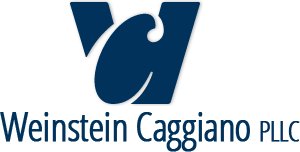In 2018, specific blood pressure medications began disappearing from the market due to concerns about the presence of nitrosamines within the drugs. Nitrosamines are chemical compounds, many of which are carcinogenic.
The carcinogenic nature of these chemicals can affect a variety of human tissues, from the brain to the bladder. As a result, it is alarming that more than 12 million bottles of blood pressure medication containing these compounds have needed to be removed from the market over the last five years.
What’s happening now?
Nitrosamine contamination has spread to other drugs since recalls of blood pressure medication began in 2018. It has affected drugs as varied as those used to treat an addiction to smoking to those used to treat diabetes. The Food and Drug Administration is concerned enough by the evolution of this issue that it is asking drug manufacturers to evaluate all of their products for contamination risk.
There are so many reasons why it is concerning when drugs that are manufactured for the benefit of patients are found to be hazardous for reasons that were not disclosed within standard warning information. From the risk of developing cancer to developing birth defects during pregnancy, the hazards of a drug must be known in order for the public to make informed decisions.
Without access to this information, individuals can suffer significant harm. They may incur significant medical costs and lose wages as a result of debilitating complications. While it is possible to seek compensation as a result of this harm, patients should be spared this suffering in the first place.
This is one of the reasons why individuals who have been affected by dangerous or tainted drugs benefit from exploring their rights and legal options. By speaking up in regard to their own experience, victims may help to prevent others from suffering the same complications.
